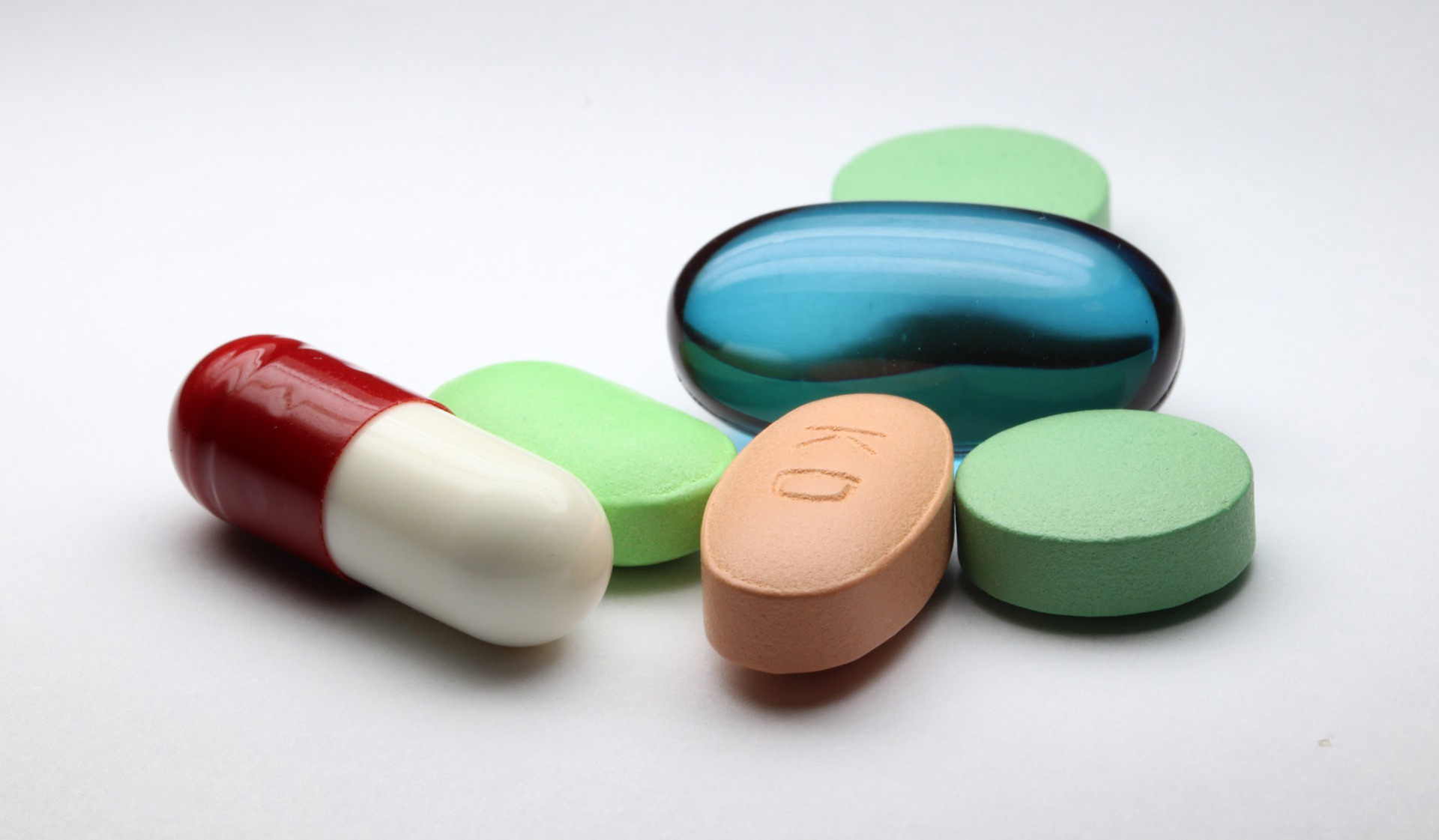The Impact Of Common Drugs On The Gut Microbiome

PREMIUM CONTENT for MEMBERS ONLY
By Fiona Riddle
It is widely known that antibiotic usage has a major impact on the gut microbiome. Antibiotics treat bacterial infections and, as the name suggests, they inhibit and kill microorganisms in the gut. Recent studies have now found that many other common drugs impact the gut microbiome as well and have similar antibiotic-like effects. The impact includes changes to microbial composition as well as metabolic function, which have many possible implications for overall health.
Destroying many of the gut microbes alters the composition of the gut microbiome and often has negative consequences such as reduced microbial diversity, a compromised immune system and an increased susceptibility to some pathogens. Altered microbial composition has also been associated with “gastrointestinal dysfunctions, cardiovascular diseases, metabolic disorders, and even diseases associated with psychiatric abnormalities.”
“…non-antibiotic drugs such as proton pump inhibitors, laxatives and metformin have some of the strongest associations with the gut microbiome.”
A study published in Nature found 19 out of the 41 drugs analyzed “to be associated with microbial features.” The study examined fecal samples from a general population cohort as well as two gastrointestinal disease cohorts and differences were analyzed per cohort. The researchers found that commonly used non-antibiotic drugs such as proton pump inhibitors, laxatives and metformin have some of the strongest associations with the gut microbiome.
“PPIs had the largest number of significant associations…”
Proton pump inhibitors (PPIs) are often prescribed to patients suffering from heartburn and more serious gastroesophageal reflux disease (GERD). PPIs work by powerfully inhibiting the production of stomach acid, lowering the overall level of stomach acid to minimize symptoms. PPIs had the largest number of significant associations, with a total of 24 altered taxa and 133 altered microbial pathways after correcting for the impact of other drug types. These medications were associated with an increased prevalence of oral bacteria in the gut. This effect is likely due to these bacteria which normally live in our mouth to colonize further along in the gastrointestinal tract than they normally would when stomach acid levels are higher.
“… laxative use has long-lasting impacts on microbial composition…”
Use of laxatives has previously been associated with alterations in the composition of the gut microbiome as well as disturbances in metabolic pathways similar to PPI usage. One study found that laxative use has long-lasting impacts on microbial composition and decreased the presence of beneficial Lactobacilli bacteria. As a potential benefit, however, this recent study found that laxatives were associated with a “higher relative abundance of the Alistipes genus,” which is typically decreased in children with constipation.
Metformin is a popular anti-diabetic medication that is meant to control the amount of glucose in the blood and increase the body’s insulin response. It has previously been found that metformin alters the gut microbiome in a way that mediates many of its anti-diabetic benefits. In this more recent study, metformin “was associated with changes in the metabolic potential of the microbiome,” however these changes could potentially allow for the proliferation of enterobacterial species including many common pathogens which may have adverse health outcomes.
“…many of the side effects from drugs may be specifically due to the impact on the gut microbiome…”
These findings suggest that many of the side effects from drugs may be specifically due to the impact on the gut microbiome and alterations that promote the development of other health conditions and symptoms. Short term gastrointestinal side effects of these medications such as nausea, vomiting and irregularity could all be attributed to changes in the gut. Other factors may also influence outcomes such as the inactive ingredients found in drugs like fillers, flavorings, coatings and preservatives.
“…patients with IBS and IBD tend to take more drugs in general than the general population does, which could have potential implications for microbiota changes due to drug interactions”
It is also important to note that many patients with IBS and IBD have a different gut microbiome composition than the general population, which could influence side effects as well as the actual efficacy of some drugs. Findings from the main study discussed “disease cohorts presented a lower microbial richness compared to the general population cohort.” Additionally, patients with IBS and IBD tend to take more drugs in general than the general population does, which could have potential implications for the reported microbiota changes due to drug microbiome interactions and further investigation of such interactions are necessary.
As previously mentioned, medication induced alterations of the gut microbial ecosystem can have many negative consequences and increase the likelihood of developing new symptoms or conditions. These potential side effects should therefore be considered and discussed with a healthcare provider in order to avoid further health complications either in the short-term or long-term.

Fiona Riddle is a Certified Health Coach with a degree in Psychology from UCLA. She is passionate about a holistic approach to health when working with her private coaching clients. She is an avid cook, constantly creating and sharing new recipes on her Instagram (@feelgoodwithfi) to showcase simple clean home cooking.
✓ This article was reviewed and approved by Emeran Mayer, MD